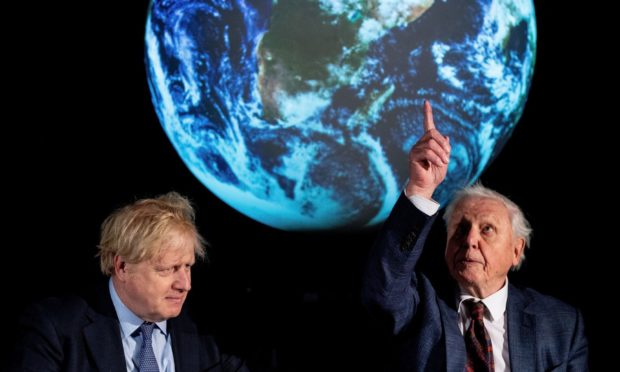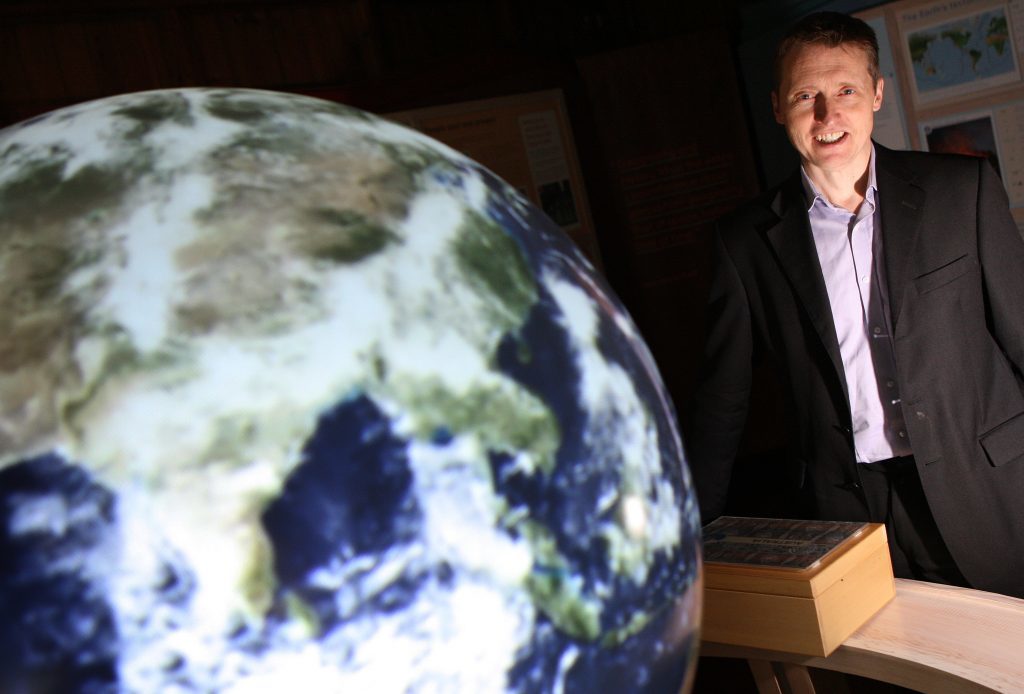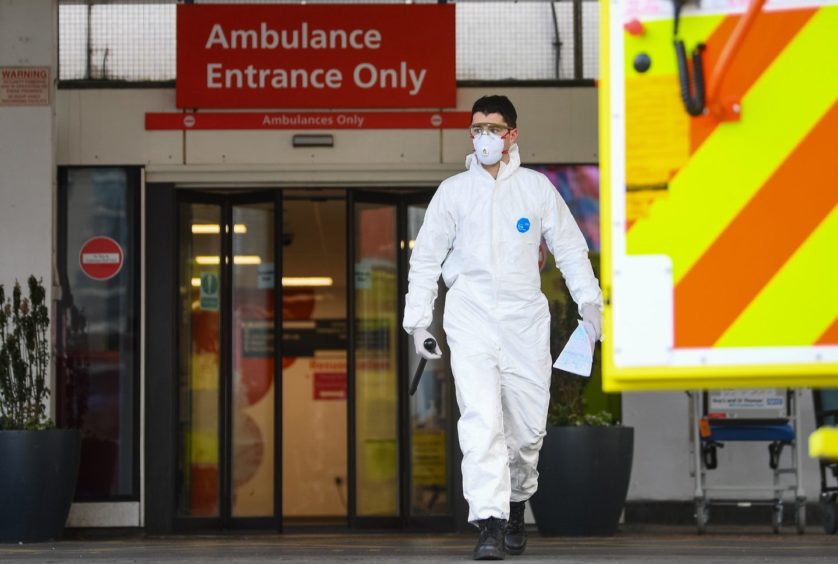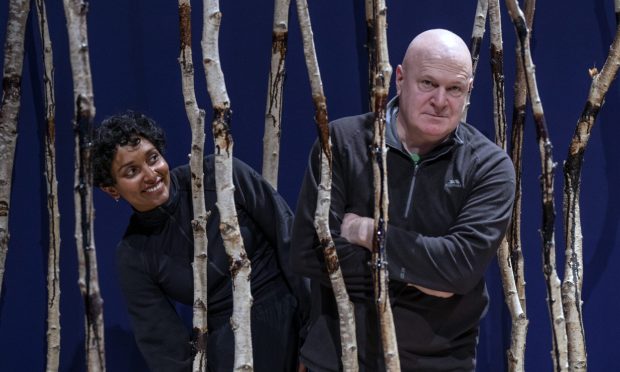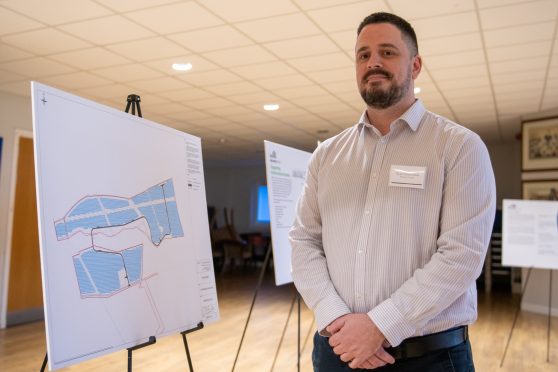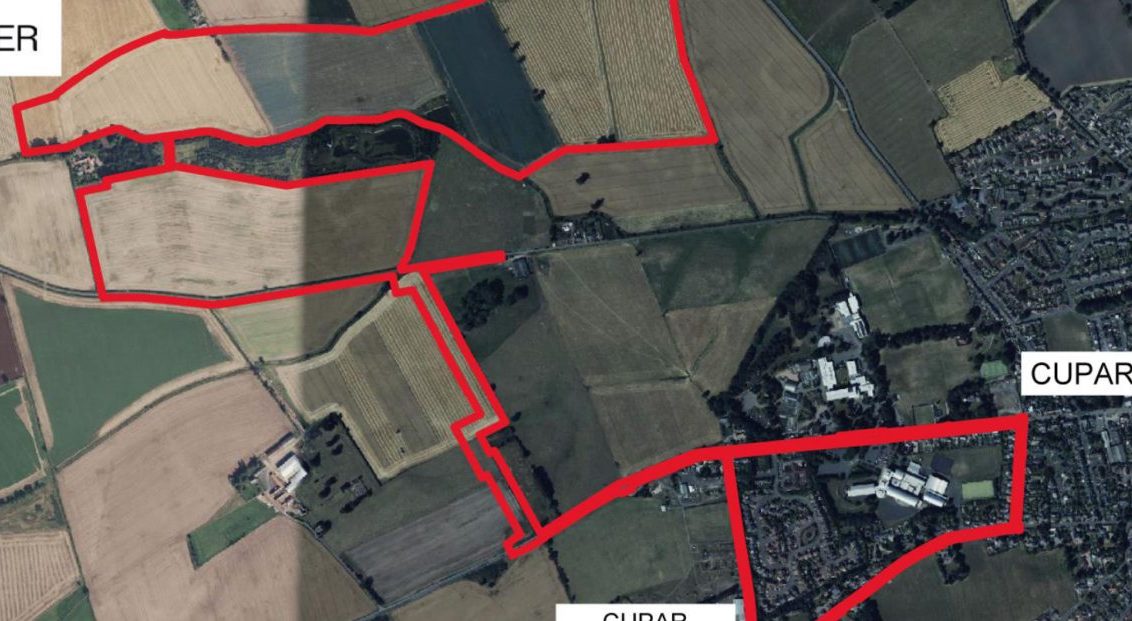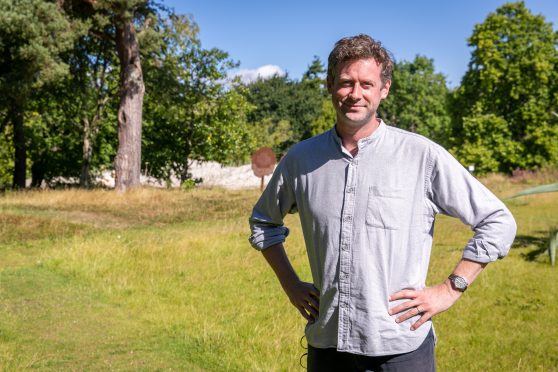The decision to postpone the UN’s Cop26 climate summit until 2021 was “inevitable” and “clearly right”, according to the Perth-based chief executive of the Royal Scottish Geographical Society Mike Robinson.
The key talks were due to be held in Glasgow this November, with about 30,000 people, including some 200 world leaders, expected to attend.
But the disruption caused by the global coronavirus pandemic has forced organisers to push it back a year.
Mr Robinson said: “In light of Covid-19 it could not be seen as a good idea to bring 30,000 people from every corner of the globe to Glasgow in November.
“But alongside that, most governments around the world are struggling to cope with this awful pandemic, and they are throwing most staff, resources and vast amounts of borrowed money at it – all in an attempt to minimise deaths.
“There is little or no capacity to hold preliminary discussions on wider global issues and, therefore, no opportunity to prepare for the larger UN Climate COP in November, let alone the string of scheduled pre-meetings held throughout the calendar year.”
Mr Robinson said that from the perspective of 2019, the year 2020 was meant to be “a year of hope” and a “year of starting to finally tackle the human-induced crises of climate change and biodiversity loss”.
But coronavirus has not just swamped people’s capacity, and emotional and intellectual energy, he added.
According to a UN report in March, coronavirus is expected to cost the global economy $1 trillion in lost business and market value. The G20 announced on March 26 that their intention was to inject as much as $5 trillion into their economies as short term stimulus packages. With a global GDP of $85-88 trillion, these are significant numbers.
Mr Robinson added: “This pandemic was scientifically inevitable and has been the subject of emergency planning discussions for many years. We have known one was coming, we just weren’t sure what and when.”
For example, back in 2010, a paper in the Journal of Anaesthesia stated: “…the UK Influenza Pandemic Plan predicts up to 750,000 additional deaths with hospitals prioritising patients against inadequate resources”, and recommended low-cost, quick-to-produce, single-use ventilators to be built and stockpiled in case of such an eventuality.”
“Instead,” he said, “We have seen a decade of austerity in our health service and little sense of increased capacity or preparedness.
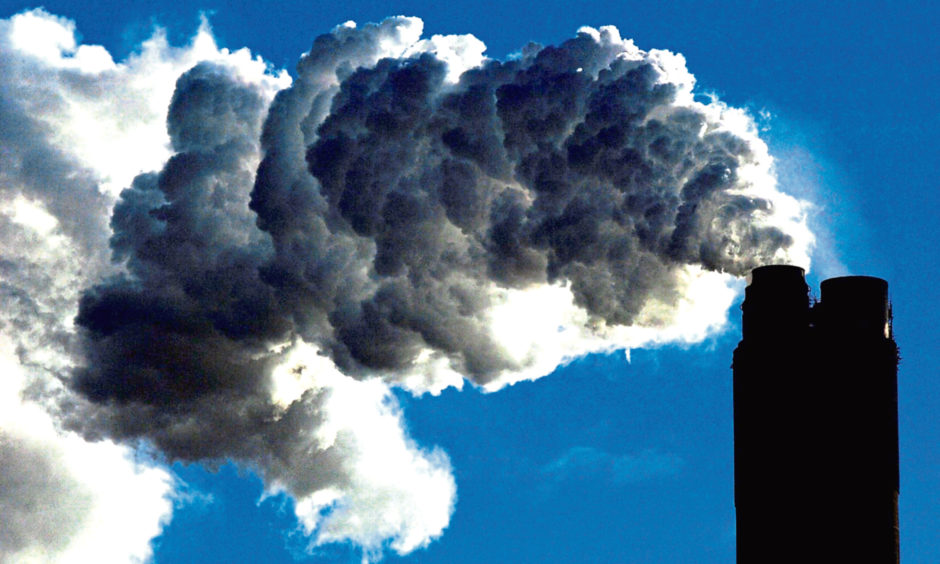
“That is not to take away from the wonderful response from front line staff – they have been remarkable. But they have been let down by a decade of under resourcing.”
Mr Robinson warned that, like the pandemic, climate change and biodiversity loss are also scientifically predictable and observable.
However, he said that if action does not happen to tackle them urgently, they are likely to be far more disruptive than a single virus – and their impacts will be far more profound and much longer lasting.
